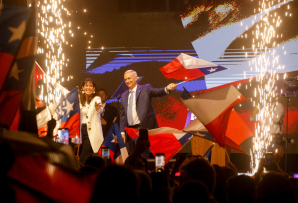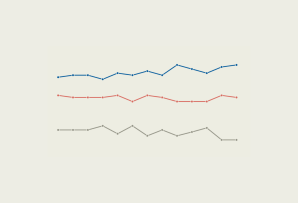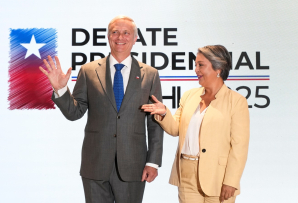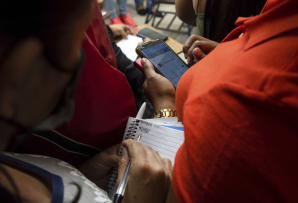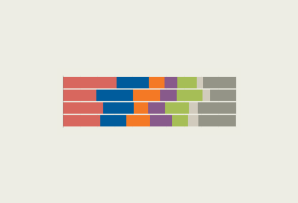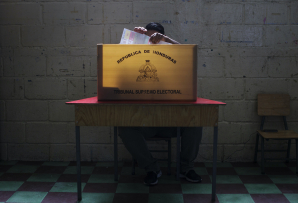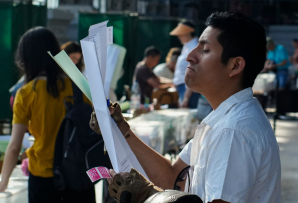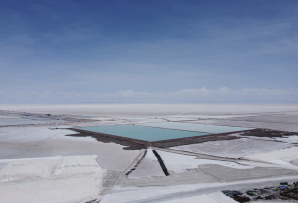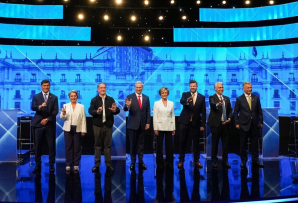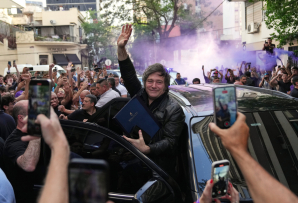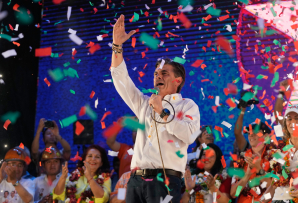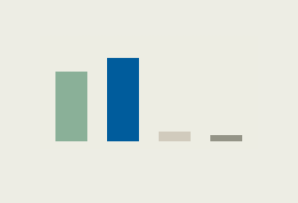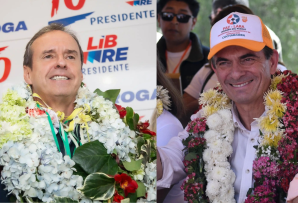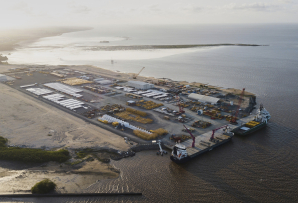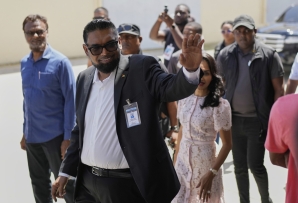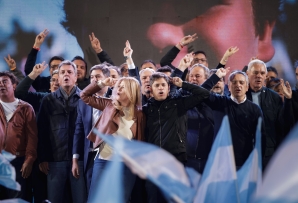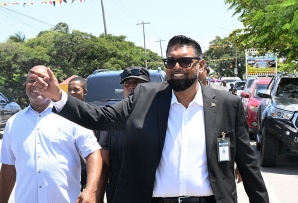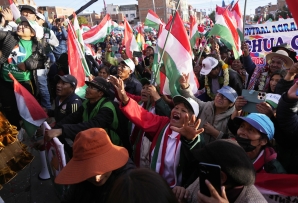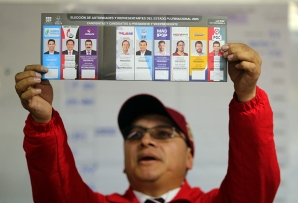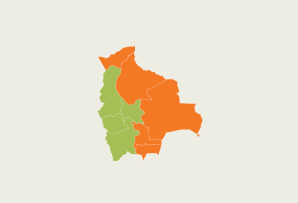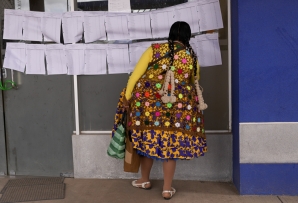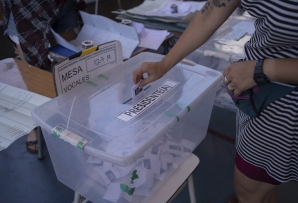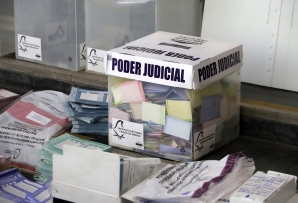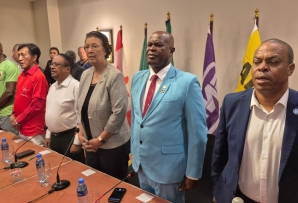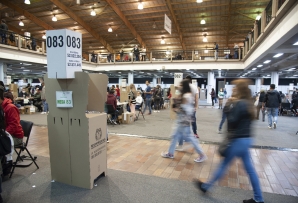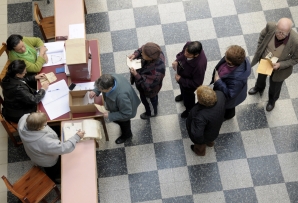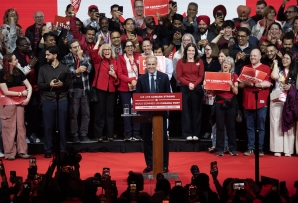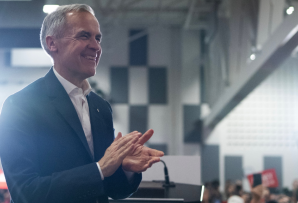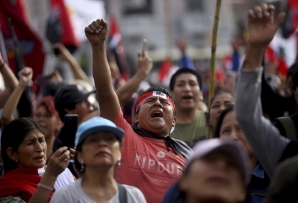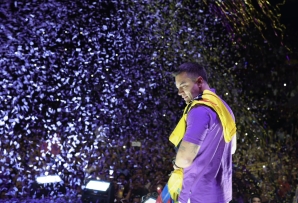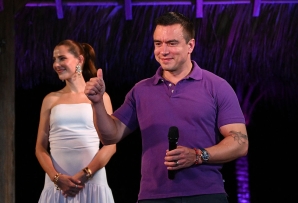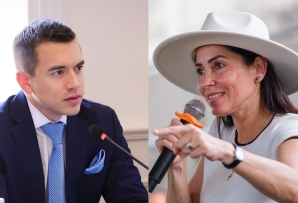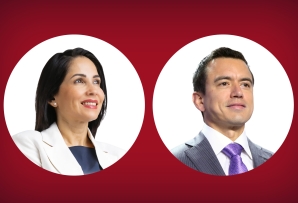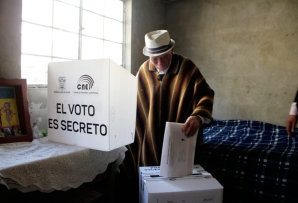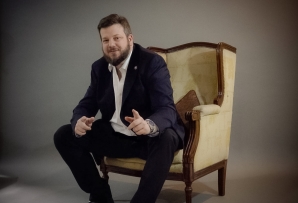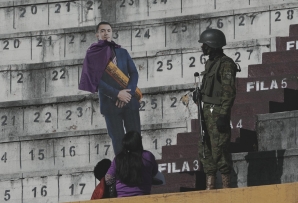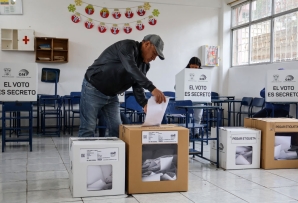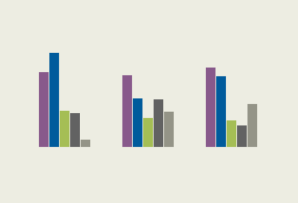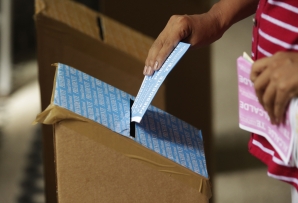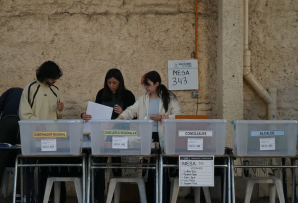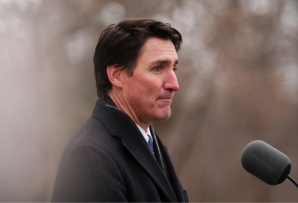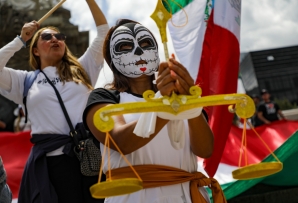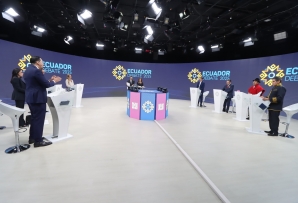A GUIDE TO
In 2025, four Latin American countries—Bolivia, Chile, Ecuador, and Honduras—will pick presidents in general elections.
Beyond the presidential votes, there are other elections in the hemisphere, including Argentina’s midterms, Canada's renewal of its Parliament, Uruguay's regional contests, and Mexico's local races, as well as its unprecedented country-wide judicial vote. AS/COA will track Latin America’s major races, as well as other regional legislative and local elections, through articles, explainers, poll trackers, podcasts, and more.
The calendar:
Ecuador: February 9 presidential and legislative elections; April 13 presidential runoff.
Canada: April 28 federal elections.
Uruguay: May 11 gubernatorial and municipal elections.
Suriname: May 25 general elections.
Venezuela: May 25 legislative and regional elections.
Mexico: June 1 municipal and judicial elections.
Bolivia: August 17 presidential and legislative elections; October 19 presidential runoff.
Guyana: September 1 general and regional elections.
Argentina: September 7 Buenos Aires provincial elections; October 26 legislative elections.
Chile: November 16 presidential and legislative elections; December 14 presidential runoff.
Honduras: November 30 presidential, legislative, and municipal elections.
Share
"Kast gave a unifying acceptance speech that stressed rule of law and democratic values," said AS/COA’s CEO and president.
Leftist Jeannette Jara won the first round, but her right-wing opponent, José Antonio Kast, leads polls in the race to succeed Gabriel Boric.
Ahead of the December 14 vote, how are the two presidential candidates approaching top issues?
A thin margin separates Trump-endorsed Tito Asfura of the National Party and Salvador Nasralla of the Liberals in a partial preliminary vote count.
See results of the November 16 contest, including the congressional panorama. Plus, what can we glean from polling for the December 12 runoff?
Voters will choose their next president November 30 in a single-round vote. Polls indicate a three-way race.
Several prominent right-wing leaders are hoping to turn the ideological tide by succeeding Gabriel Boric. See polling for the November 16 first round.
Fears of electoral fraud and voter concerns about jobs and insecurity loom over a three-way contest for the presidency.
In the November 16 first round, will Chileans pick a successor to President Gabriel Boric who will shift the country’s ideological direction?
Texas A&M's Diego von Vacano traces a history of political and economic obstacles stifling the sector and outlines the path ahead for the new president.
International lawyer and columnist Paz Zárate discusses the candidates and compulsory voting as the November 16 first round nears.
Once hampered by his party’s small congressional bench, Milei may now press for labor and tax reforms as well as a fresh budget.
Paz won over disillusioned voters in the October runoff but faces a challenging economic scenario when he takes the reins in November.
Either candidate—Rodrigo Paz or Jorge “Tuto” Quiroga—would mark an end to two decades of governance by the MAS.
Surprise finalist Rodrigo Paz faces off against ex-President Jorge “Tuto” Quiroga in an election ending two decades of MAS power.
Ambassador Sarah-Ann Lynch outlines Guyana’s geopolitical importance while the Baker Institute’s Francisco Monaldi analyzes the region’s energy trajectory.
His party remains in power but faces a newcomer in opposition as his government steers a hydrocarbon windfall.
“This is a very good data point for how the government is perceived right now,” says the AS/COA special advisor, speaking on the ruling party’s defeat.
Ali and his ruling party are projected to win handily and maintain their legislative majority.
Who is Rodrigo Paz? What happened to the ruling party? And what is the legislature's new breakdown?
In a rebuke of the ruling MAS party, centrist Rodrigo Paz and right-wing former President Jorge “Tuto” Quiroga will face off on October 19.
Amid economic turbulence and a presidential squabble, see polling for the August 17 first-round vote.
Intersecting political and economic woes could end 20 years of MAS rule. We explore the presidential candidates and legislative competition.
Only one coalition—Unity for Chile—will decide its candidate for the general election in the June 29 contest.
From candidate totals to voter turnout, learn about the country’s unprecedented election.
Smaller parties quickly coalesced behind opposition leader Jennifer Geerlings-Simons, tasking her to lead the country through its oil and gas boom.
Corruption, access to healthcare, and insecurity rank as the top voter issues.
In elections marked more by continuity than change, the governing center-left coalition had mixed success in tightly contested departments.
The Liberals, who surged since the resignation of Justin Trudeau, will remain in power for a fourth consecutive term.
Carney is positioning himself as a counterpoint to Trump. What’s his history with USMCA, migration, Venezuela, climate financing, and more?
Bloomberg’s Marcelo Rochabrún and Universidad del Pacifico’s Javier Albán analyze what to expect a year ahead of the presidential vote.
The incumbent defeated correísta candidate Luisa González to win his first full term.
Center-right incumbent Daniel Noboa defeated Correa-backed Luisa González by a wide margin.
The incumbent Daniel Noboa and the correísta challenger Luisa González are neck-and-neck heading into the April 13 decider.
Voters will decide on April 13 between continuity or a return to correísmo amid security and economic challenges.
Ecuadorians will head to the polls on February 9, almost 18 months after the previous presidential election.
February's vote pits President Noboa against a familiar correísta opponent in a context of security, electricity, and employment challenges.
Lawmaker Johannes Kaiser is rising in the polls ahead of November’s presidential election amid rising concerns about crime and immigration.
Brookings’ security expert Vanda Felbab-Brown explains President Noboa’s security challenge. Will his Bukele-like hardline approach pay off?
Daniel Noboa and Luisa González will face off in a second round on April 13.
Will incumbent Daniel Noboa face a rematch with Luisa González? And how are security and energy concerns affecting the race?
Bolivia, Chile, Ecuador, and Honduras will hold presidential votes. Plus, Argentina holds midterms and Canada picks a new leader.
Bolivia, Chile, Ecuador y Honduras celebrarán elecciones presidenciales. Además, Argentina tendrá elecciones legislativas y Canadá elegirá nuevo líder.
“You have a scenario where Canada itself lacks the firepower to really push back against the United States,” explains the AS/COA vice president.
What can Mexicans expect from votes for judges in 2025 and 2027? What other constitutional amendments are on the horizon?







